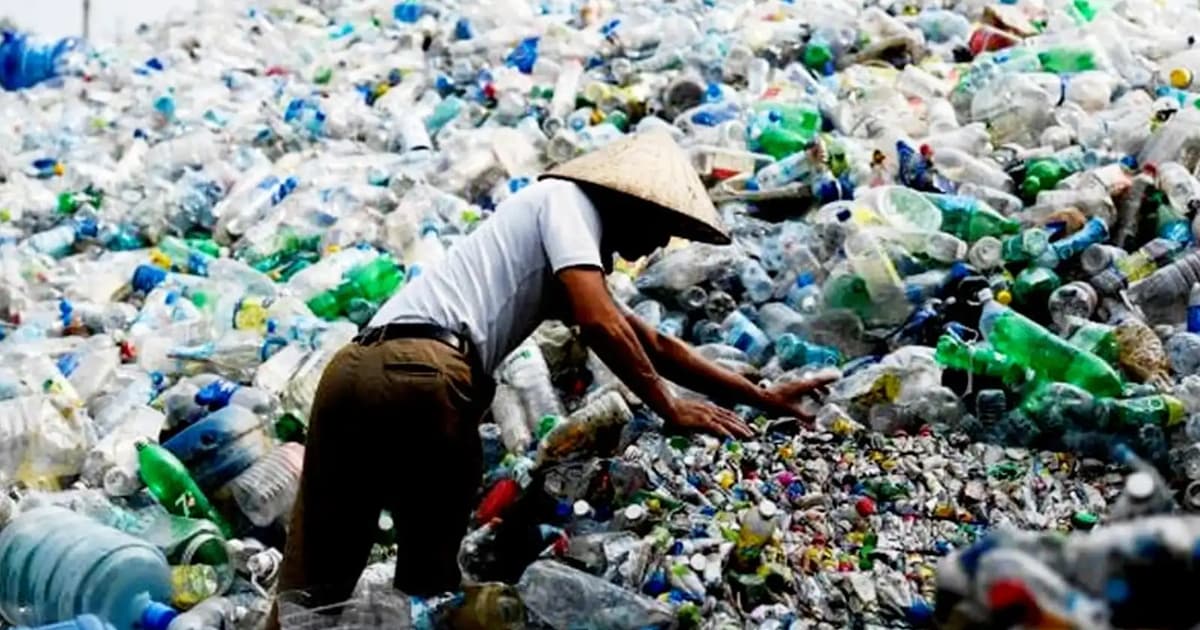
The investment, trade and industry ministry (Miti) and its agency, Sirim, has tightened controls on plastic waste imports and enforced post-consumer recycled (PCR) certification to push industries towards adopting a circular economy.
Miti said the move will ensure imported plastic waste of high quality for reuse in manufacturing, Bernama reported.
Deputy plantation and commodities minister Chan Foong Hin, speaking on Miti’s behalf in the special chambers today, said new regulations reduce reliance on virgin raw materials and cut landfill disposal.
He was responding to V Sivakumar (PH-Batu Gajah) regarding enforcement on the use of recycled plastics and the strengthening of the recycling supply chain in Malaysia.
Effective July 1, 2025, plastic waste classified under tariff code HS 39.15 requires a certificate of approval (COA) from Sirim under the amended Customs (Prohibition on Imports) Order.
To obtain a COA, importers must undergo pre-shipment inspections in the country of origin, annual factory audits and provide bank guarantees. A manufacturing licence or exemption letter will also be required.
Miti said stricter measures will not only regulate imports and support the domestic industry but also strengthen Malaysia’s recycling supply chain and create a balance between economic growth and environmental protection.
According to Miti, this measure will establish a more sustainable supply chain in line with the government’s goal for the manufacturing sector to adopt sustainable production concepts and practise circular economy.
“These measures are seen as opportunities for local industries to strategically align with the manufacturing sector’s direction as outlined in the New Industrial Master Plan (NIMP) 2030 and the Circular Economy Policy Framework for the Manufacturing Sector,” the ministry added.






